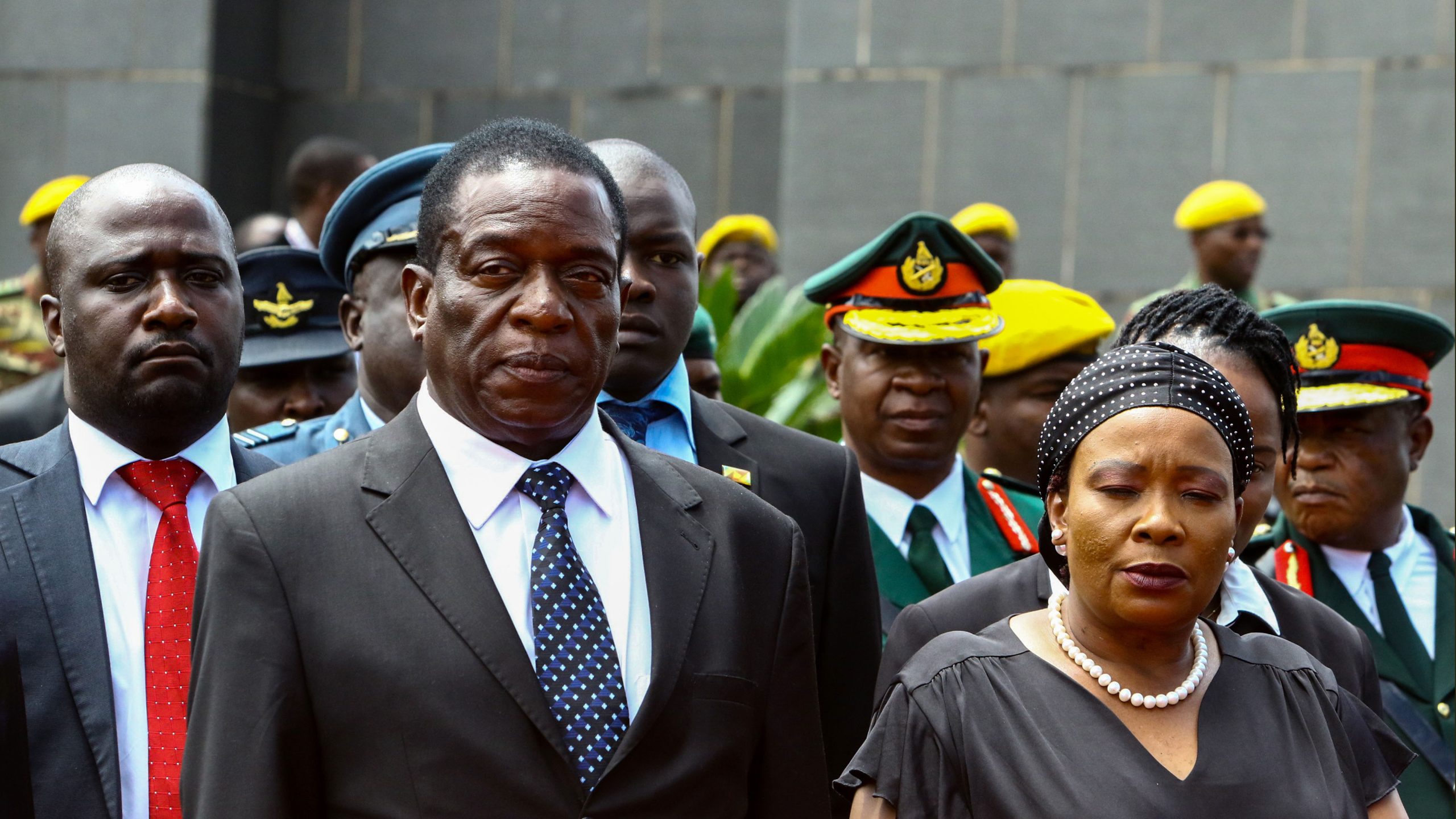by Taedzwa Chikono
It is often said that Zimbabwe is a victim of white monopoly capital, and there is no denying that the country has faced significant economic challenges over the past few decades. In this opinion piece, I will explore the role that white monopoly capital has played in Zimbabwe’s struggles, as well as some of the other factors that have contributed to the country’s current situation.
One of the main arguments made by those who claim that Zimbabwe is a victim of white monopoly capital is that the country’s economic troubles can be traced back to the policies of the former colonial power, Britain. It is true that Zimbabwe, like many other African countries, was heavily impacted by the legacy of colonialism, including land seizures, exploitation of natural resources, and the imposition of foreign economic policies that favored the interests of the colonizers.
However, it is also important to recognize that Zimbabwe’s economic problems have not been solely caused by external forces. The country has had a tumultuous political history, with periods of authoritarian rule and economic mismanagement that have contributed to its current challenges. Inflation has been a persistent problem, and the government’s attempts to address it through various measures, including the printing of large amounts of money, have only exacerbated the situation.
Additionally, the country has been hit hard by external factors such as drought and the global economic downturn, which have further impacted its ability to recover and grow.
It is clear that white monopoly capital has played a role in Zimbabwe’s struggles, but it is not the only factor at play. To address the country’s challenges and move forward, it will be necessary to address a wide range of issues, including political instability, economic mismanagement, and the impact of external factors. It will also be important to address the legacy of colonialism and work towards a more equitable distribution of wealth and resources.
Another aspect of the argument that Zimbabwe is a victim of white monopoly capital is the claim that the country has been unfairly targeted by international organizations and Western governments. There is evidence that Zimbabwe has faced economic sanctions and other forms of pressure from these entities, which have had a negative impact on the country’s ability to access foreign investment and trade.
However, it is worth noting that these measures were often taken in response to the actions of the Zimbabwean government, such as human rights abuses and the seizure of white-owned farms without compensation. While these actions may have been motivated in part by a desire to address historical injustices, they also had negative consequences for the economy and contributed to the country’s current struggles.
Another factor that has contributed to Zimbabwe’s economic struggles is the impact of corruption on the country’s development. The country has consistently ranked poorly on measures of corruption, with a high level of illicit financial flows and a lack of transparency in government operations. This has made it difficult for the country to attract foreign investment and has contributed to the erosion of trust in public institutions.
Furthermore, the concentration of wealth and power in the hands of a few elites has also contributed to the country’s economic challenges. The majority of Zimbabweans live in poverty, while a small group of elites control a disproportionate share of the country’s wealth and resources. This has contributed to rising levels of inequality and has made it difficult for ordinary people to access the education, healthcare, and other resources they need to thrive.
In order to address these issues and move forward, it will be necessary to address the root causes of corruption and inequality in Zimbabwe. This will require a combination of strong legal frameworks, effective enforcement mechanisms, and a commitment to transparency and accountability. It will also be necessary to address the impact of white monopoly capital and work towards a more equitable distribution of wealth and resources.
Overall, it is clear that Zimbabwe has faced significant challenges and has been impacted by a range of factors, including white monopoly capital, corruption, and inequality. To address these issues and move forward, it will be necessary to address a wide range of issues and work towards a more just and equitable society.
In conclusion, it is clear that Zimbabwe has faced significant challenges, and white monopoly capital has played a role in these struggles. However, it is important to recognize that there are a range of factors at play, including domestic political instability, economic mismanagement, and external pressures. To address these issues and move forward, it will be necessary to address a wide range of issues and work towards a more just and equitable society.



